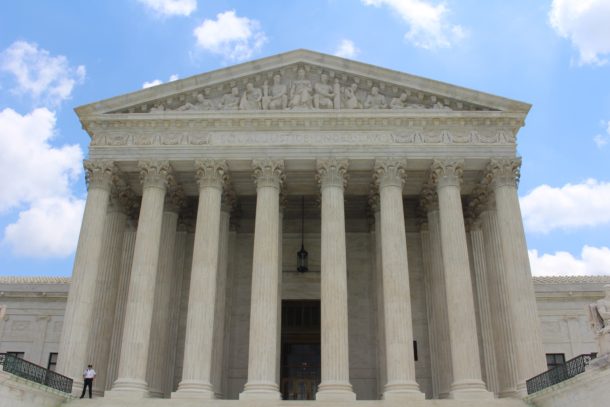In the case of Indemnity Co. v. Whiteside, the Georgia Supreme Court held that an insurer’s bad faith failure to settle a claim may expose it to liability for judgments in excess of the insured’s policy coverage, even in situations where the i
According to the court’s ruling, an insurer can no longer claim that its lack of notice of a lawsuit against it, excuses it for failing or refusing to settle the suit.
In the case of Whiteside, the Georgia Supreme Court found that an insurer’s bad faith failure to resolve a claim can result in liability for judgments in excess of the insured’s policy limit, even in cases where the insured also breaches its contractual obligation to notify the insurer of a lawsuit filed against it.
Relevant Factual Background
In 2012, Bonnie Winslett, a permissive driver of a vehicle insured by GEICO hit and injured a bicyclist. GEICO later informed the driver that she was covered by the vehicle’s owner’s policy. However, GEICO did not ask her to notify it of any accident-related legal documents nor did it inform her of her duty under the policy to notify GEICO if she was sued.










